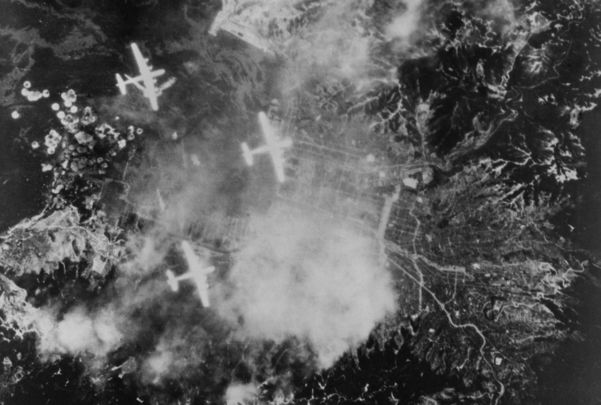Submitted in 2021, as part of the Irish government's To be Irish Christmas celebration, this is truly an extraordinary story.
London: We’ve all heard stories over the years of rough crossings across the Irish sea as people made their way back home for Christmas but those stories are more often about the behavior of the sea rather than anything else. Personally, I think that there can be few journeys more eventful than the one made by my late aunt: Maureen Curtis Black 80 years ago in 1940.
Maureen, who had left Ireland in the 1930s to teach in England because she was unable to secure a post in her native country was determined to make it back home to Cork and the family for Christmas. She knew that the journey would be difficult. England was at war and people were used to living and dealing with bombing raids and the damage caused by them.
Her train journey across England to Liverpool took much longer than usual because they had to keep changing trains. Maureen must have breathed a sigh of relief once onboard the Innisfallen, the ship that would take her on the final part of her journey across the Irish Sea. Little did she know that she was traveling on the very night when the ship would hit a mine only a few miles out of the port of Liverpool and almost sink. Needless to say, Maureen didn’t make it home and had to stay in England for Christmas that year.
Like many Irishmen and women living and working in wartime England, Maureen never spoke of her ordeal. Our family only learned about what she had gone through when a handwritten account of this experience was found amongst her papers after her death.
Below is an edited version of her words:
Suddenly a girl from London called out “we’ve been bombed“ even though there were no planes in sight. We had hit a mine. We were left standing on the deck in freezing water. My friend fell, her leg broken. We tried to reach her to help, but the sailors roared at us and tried to rush us off deck. I refused and insisted on saving my handbag that was floating in the water yards away.
Waves were pouring over the ship. I couldn’t walk properly and realized that the heels had blown off my shoes and the stockings off my legs. There was pandemonium. Half-clad people were streaming out of their cabins, many shoeless, as they had been lying down.
The mast had struck the captain who was on the bridge and knocked him out. The first officer and two sailors had gone forward to drop anchor were killed as the front of the ship was blown away. Sailors began to frantically to lower lifeboats and they helped us in. We managed to pull away from the sinking ship and the sailors rowed us ashore.

Love Irish history? Share your favorite stories with other history buffs in the IrishCentral History Facebook group.
We were a sorry sight clustered on the quayside. Drenched and shivering with the cold, many in shirts and dresses and with no shoes. We wanted to get away from the quayside. We were terrified that there would be a second wave of bombing. But the quayside officials refused to let us move because we had gone through emigration and were technically on Irish soil.
So we stayed in the open, many soaked, all freezing. After an hour the Emigration Officer arrived. He had hardly finished speaking when the sirens sounded again. We were rushed to air raid shelters and the bombing began again. From the shelters we could see the other side of the river with the flames 20 or 30 feet high and buildings collapsing.
We stayed there until about 3 o’clock in the morning when the bombing stopped, and the planes left. We spent the rest of the night on another ship docked on the quayside. When morning came, some senior B&I Officials told us we could have train tickets to anywhere in England, but they would not give even sixpence in cash to anyone. I was so glad I had insisted on retrieving my handbag.
* Originally published December 2021. Updated December 2022.




Comments